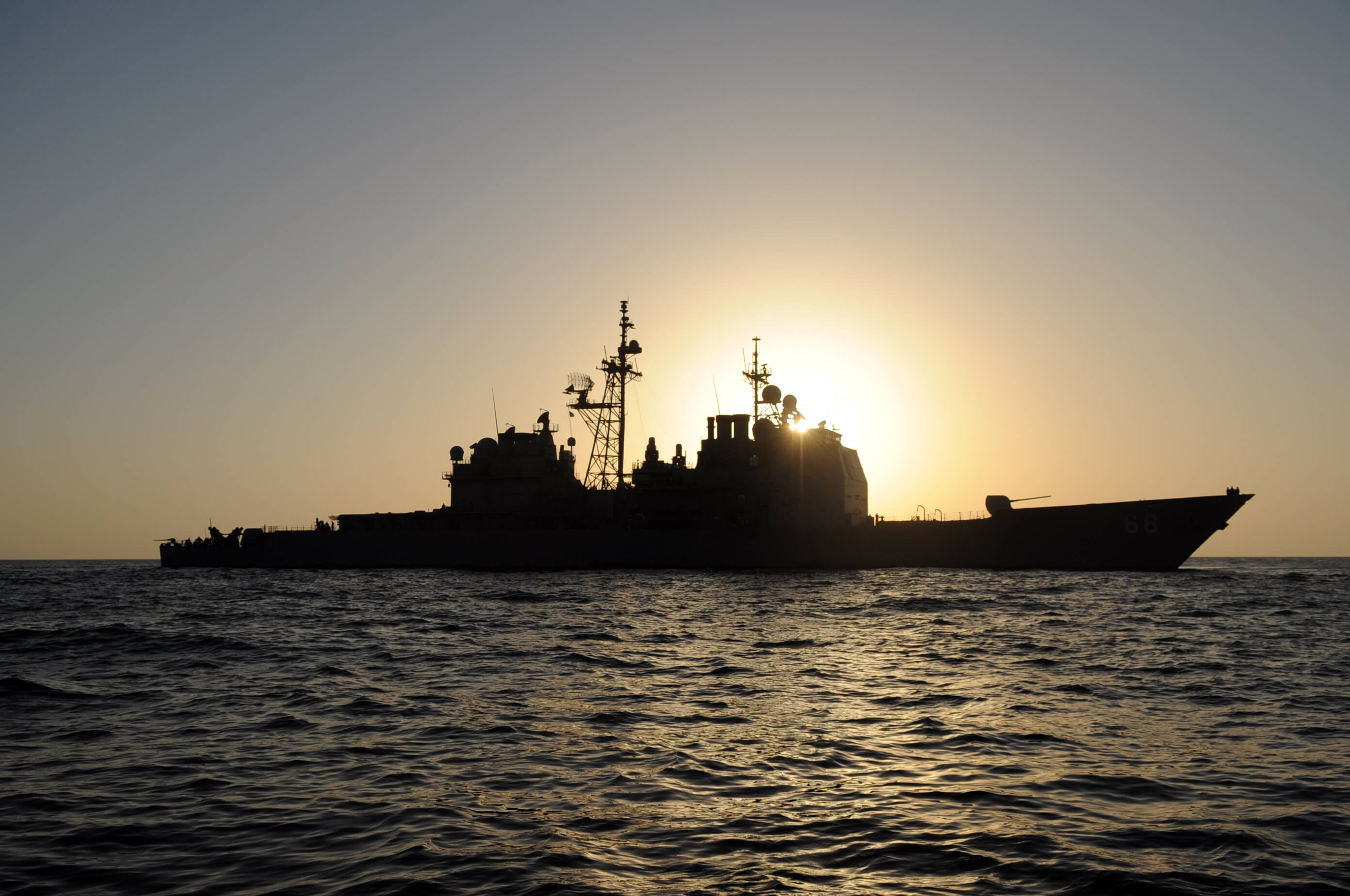
Washington, D.C. – Securing America’s Future Energy (SAFE) released today a new issue brief, “Yemen Conflict Threatens to Add Entrenched Risk Premium and Price Volatility to Global Oil Market,” examining the current political unrest and violence in the Republic of Yemen and its implications for the broader global oil market.
Since Saudi Arabia began airstrikes on Houthi rebel targets in Yemen in late March, more than 1,800 people have been killed. As a reaction to the airstrikes, oil prices jumped approximately 5 percent, indicative of the fragility of today’s oil prices and prompted by concerns that escalation could lead to more widespread conflict, threatening the flow of crude oil supplies.
Should conflict in Yemen continue and threaten the safety of oil shipments through the Bab el-Mandeb strait, SAFE analysis finds that the rerouting of oil tankers around the southern tip of Africa could add at least $3 to $4 per barrel to the shipping cost of oil and an additional ten days of transit time. Meanwhile, should the strait close completely, oil prices are estimated to increase by approximately $10.
“In comparison to its neighboring countries, Yemen produces little oil,” said SAFE President and CEO Robbie Diamond, “however, its geographical importance to the steady flow of oil around the globe makes current unrest in Yemen potentially disruptive to oil prices and supplies. Growing Middle East instability has led to oil price volatility we have not seen since 2008. When we consider that over 90 percent of U.S. transportation relies on oil to function, the case for distancing ourselves from such volatility becomes clear.”
The sectarian overtones of the current engagement have the potential to intensify ongoing fighting throughout the Middle East that shares a Sunni versus Shia element, such as the Syrian Civil War and the battle for control of Iraq, a globally important oil exporter. Any protracted regional conflict would likely result in a larger, enduring risk premium, with long-term implications for crude oil prices. The worst-case scenario of a spillover into overt military action between Iran and Saudi Arabia or its allies would put millions of barrels of oil at risk, throwing the market into chaos.
The costs to the U.S. economy from potential oil price spikes and volatility arising from tensions tied to the ongoing conflict are compounded by the costs it bears in its efforts to secure this tense region; as stability in Yemen has broken down, American naval patrols in the area have increased. These actions are indicative of the United States’ role in securing global oil supply, but also of the country’s constrained foreign policy options when dealing with major oil exporters, their neighbors, and major oil transit routes. As long as the U.S. remains so heavily dependent on oil, the necessity to engage in conflicts such as the current situation in Yemen will remain, burdening and straining the country’s military resources at great cost to American taxpayers.
About Securing America’s Future Energy (SAFE)
Securing America’s Future Energy (SAFE) is a nonpartisan organization that aims to reduce America’s dependence on oil and improve U.S. energy security to bolster national security and strengthen the economy. SAFE advocates for expanded domestic production of U.S. oil and gas resources, continued improvements in fuel efficiency, and in the long-term, breaking oil’s stranglehold on the transportation sector through alternatives like natural gas for heavy-duty trucks and plug-in electric vehicles. In 2006, SAFE joined with General P.X. Kelley (Ret.), 28th Commandant of the U.S. Marine Corps, and Frederick W. Smith, Chairman, President, and CEO of FedEx Corporation, to form the Energy Security Leadership Council (ESLC), a group of business and former military leaders committed to reducing U.S. oil dependence.
###
1111 19th Street, NW #406, Washington, DC 20036